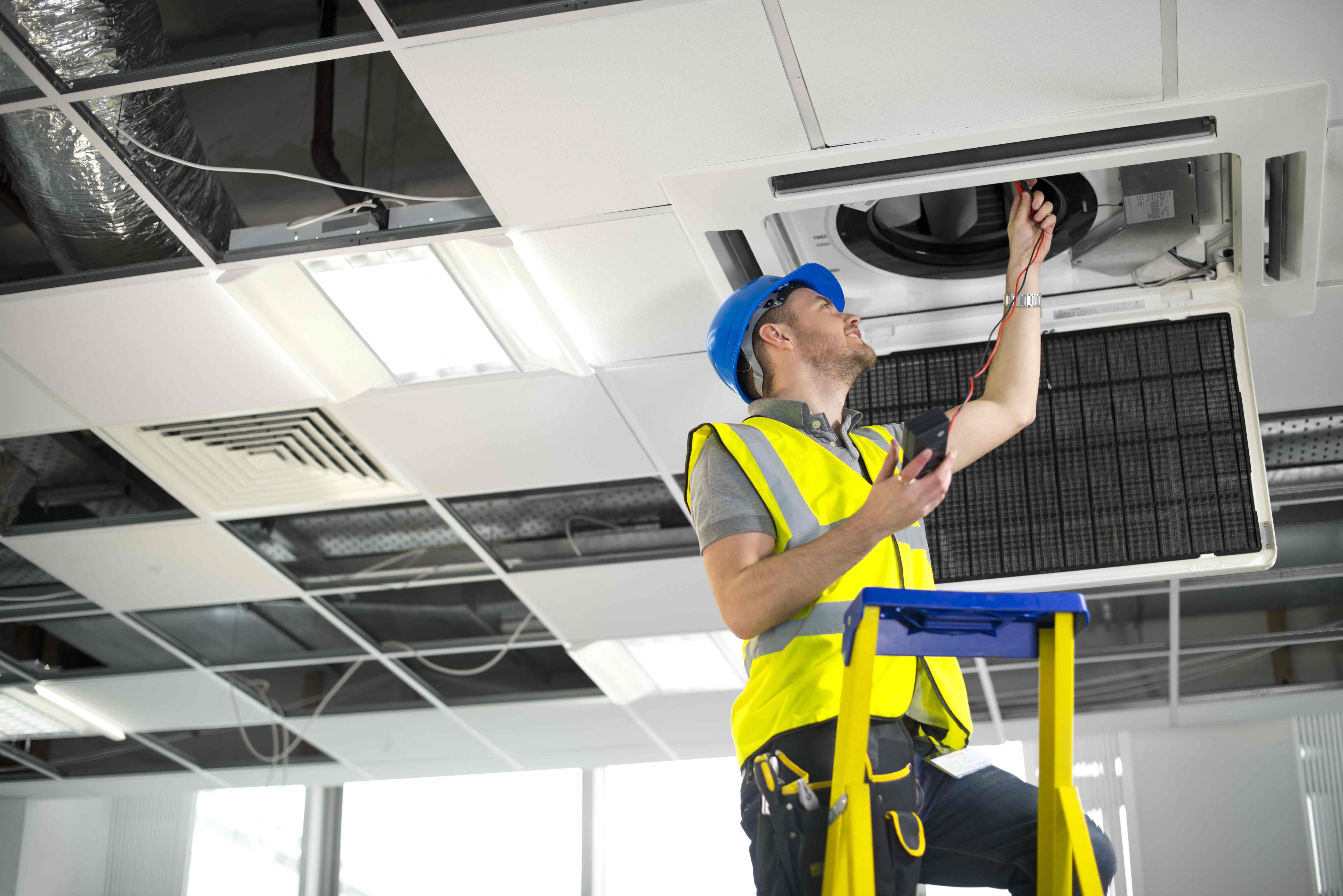The Value of Indoor Air Safety: How HVAC Has a Part

The quality of indoor air is a crucial yet often ignored aspect of our routine lives. Many people are unaware that the air inside our homes and workplaces can be worse than the air outside. This is where heat, airflow, and climate control systems, commonly referred to as HVAC, come into play. These systems not only control temperature but also play a significant role in maintaining the air we breathe. Understanding how HVAC works can help you create a better living environment for you and your family.
As we spend a substantial portion of our life indoors, the quality of indoor air has a significant impact on our health, comfort, and overall well-being. From reducing irritants and pollutants to maintaining proper humidity levels, a well-functioning HVAC system is crucial. This article will guide you through the various parts of HVAC, explore common issues you might encounter, and provide expert tips on maximizing your system's efficiency and enhancing indoor air quality. Whether you are a homeowner looking to improve your system or a business owner seeking to enhance workplace conditions, understanding HVAC is critical to creating a cozy and safe environment.
Grasping Heating, Ventilation, and Air Conditioning Mechanisms
HVAC refers to warming, ventilation, and air conditioning , which are crucial components in maintaining a cozy interior environment. These systems serve to regulate temperature, humidity, plus air conditions within home plus business spaces. By means of combining these three functions, HVAC systems play a vital role in maintaining the house or office remains comfortable all year round regardless of the climate.
Heating systems usually employ furnaces or heat pumps for warm up spaces in chillier months. Conversely, cooling systems aid cool the air during the summer, offering comfort from the heat plus humidity. Ventilation is equally crucial as it introduces new air from outside and expels stale indoor air, reducing contaminants plus enhancing general indoor air quality. Having a well-functioning HVAC system allows for experiencing optimal comfort plus better living conditions.
To completely grasp the way HVAC systems work, you must familiarize oneself with the parts, such as temperature controls, ductwork, filters, and others. Frequent maintenance plus awareness of common problems can assist ensure your heating and cooling system operates effectively and effectively. Getting to know the distinct characteristics of your HVAC system will also help in making informed decisions about upgrades and maintenance, which ultimately improving the standard of your living space.
The Impact of HVAC on Indoor Air Quality
Indoor atmosphere quality is essential for maintaining a wholesome and comfortable living space, and HVAC systems play a major role in this aspect. Well-maintained and appropriately designed HVAC systems purify and move the air, removing pollutants, allergens, and contaminants that can adversely affect health. This is especially important in homes and commercial buildings where people spend a lot of time. Effective ventilation, a important component of HVAC systems, ensures that clean air is brought in while old air is removed, promoting a healthier indoor environment.
Managing humidity is a further important function of HVAC systems that directly impacts indoor air quality. High humidity levels can lead to the growth of fungus, bacteria, and dust mites, which can provoke allergies and respiratory issues. Conversely, reduced humidity can cause discomfort and trigger dry skin and respiratory problems. An optimized HVAC system helps manage humidity levels, ensuring a balanced atmosphere that enhances comfort and reduces health risks.
Finally, the types of air filters used in HVAC systems considerably influence indoor air quality. HEPA filters, for example, are specifically made to retain tiny particles and allergens, providing fresher air. Consistent maintenance and timely replacement of air filters are critical to guarantee that these systems function at their best. By selecting the appropriate filters and keeping the system well-maintained, homeowners and businesses can successfully improve indoor air quality, contributing to overall well-being and productivity.

HVAC Care and Efficiency Recommendations
Regular maintenance is essential for keeping your HVAC system running efficiently and extending its duration. Start by changing the air filters every 1 to three months, based on usage and the kind of filter. Clogged filters limit airflow, making your system function more and causing higher energy usage and stress on the equipment. Additionally, ensure that the outside unit is free from debris, leaves, or other obstructions, as they can hinder its performance.
Performing seasonal inspections is another effective strategy to enhance HVAC performance. Plan professional inspections at least 2 times a year—one time before summer and one time before winter. During these check-ups, a technician can spot potential issues, clean necessary components, and enhance the system's efficiency. This preventive approach does not only guarantee a pleasant environment and also helps in preventing costly repairs down the road.
Finally, consider upgrading to smart thermostats and energy-efficient HVAC systems. Smart thermostats allow you to program temperatures based on your routine, minimizing energy loss when you're not home. Choosing Energy Star-rated equipment can result in significant long-term savings on energy bills while also helping a reduction in your environmental impact. By implementing these maintenance and efficiency tips, you'll create a more comfortable and cost-effective indoor environment.
